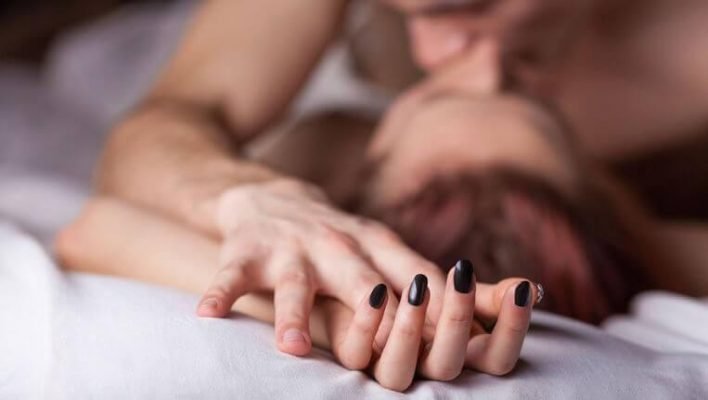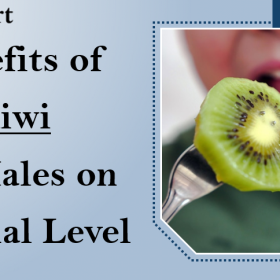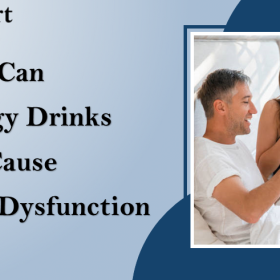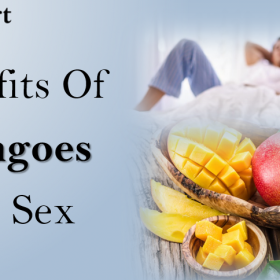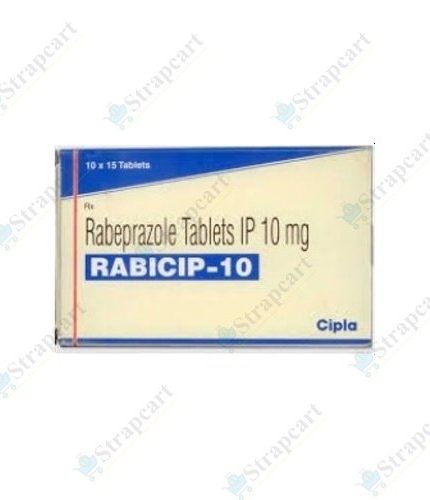One’s sexual desire might fluctuate at any time. You may be horny one moment and lazy the next, all you want is a cup of tea and a nap.
There isn’t much research on when and why we experience sexual desire, despite the fact that it’s exciting and crucial to our evolution.
Our goal is to provide some insight into the nature of sexual desire and how it varies both within and between individuals.
Do men have a stronger sex drive?
Are men sexually aroused, hot-blooded beings who consider having sex once every seven seconds? Not quite. Although men consider sex more frequently than women (34 versus 19 times per day, or roughly every 1,700 seconds), men also consider food and sleep more frequently than women. Men are therefore creatures of needs rather than sex.
Women are by no means asexual beings, and having 20 distinct sexual thoughts a day is far more than having one during a waking hour.
Do we desire sex less as we age?
Another factor that we might assume has a significant impact on sexual desire is age. An analysis of adults between the ages of 18 and 59 revealed that sexual dysfunction increases with aging. For instance, erectile dysfunction is more common in older men, and vaginismus (pain during sex) is more common in older women who have trouble lubricating.
However, aging is not always associated with a decrease in sexual desire. Ageing had no effect on sexual desire once a number of other factors, such as sexual functioning, attitudes toward sex, and relationship closeness, were taken into account, according to two nationwide surveys of Finnish adults, with age ranges of 18–74 and 18–81.
Even after adjusting for these variables, having sex less frequently was associated with getting older. Therefore, it’s possible that even though older people feel just as impulsive as they did in their 20s, they are less likely to have sex for whatever reason.
Does a high sex drive mean better sex?
Naturally, sexual satisfaction and our relationship depend on our sexual desire. In a study that concentrated on couples, the researchers discovered that people’s sex lives were better when they felt more sexual desire throughout the day.
A healthy fantasy life that increases our desire outside of the bedroom could result in a better time once the bedroom door is closed and the action starts. This is an important reminder that we shouldn’t “switch off” sexually during the day.
Feeling like sex versus feeling like a nap
Hormones are a significant factor to take into account when determining what controls sexual desire. Sexual desire is likely to increase in men as their testosterone levels rise. The impact of testosterone and other hormones on desire, however, is less evident in women.
There is evidence to suggest that women’s sexual desire varies depending on when in their ovulatory cycle. According to one study, women had more sex when their testosterone levels rose, which mostly happened between days 12 and 15 of ovulation.
When compared to women who were in a relationship, this association was more pronounced among single women. Therefore, it would seem that women’s hormones have some influence over sexual desire, and this influence might be particularly strong in single women.
The idea that the contraceptive pill lowers a woman’s libido is widely held. A review of the literature, however, revealed that there was no consistent effect of the pill on women’s libido; the majority of women reported no change in libido, while a small increase was reported by some, and a slight decrease by others.
However, what about environmental and psychological factors? Does our desire vary according to our companions? Does it alter in response to our body image, stress levels, or alcohol intake? The effect of daily life on sexual arousal is still mostly unknown at this point since these questions have not yet been investigated.





